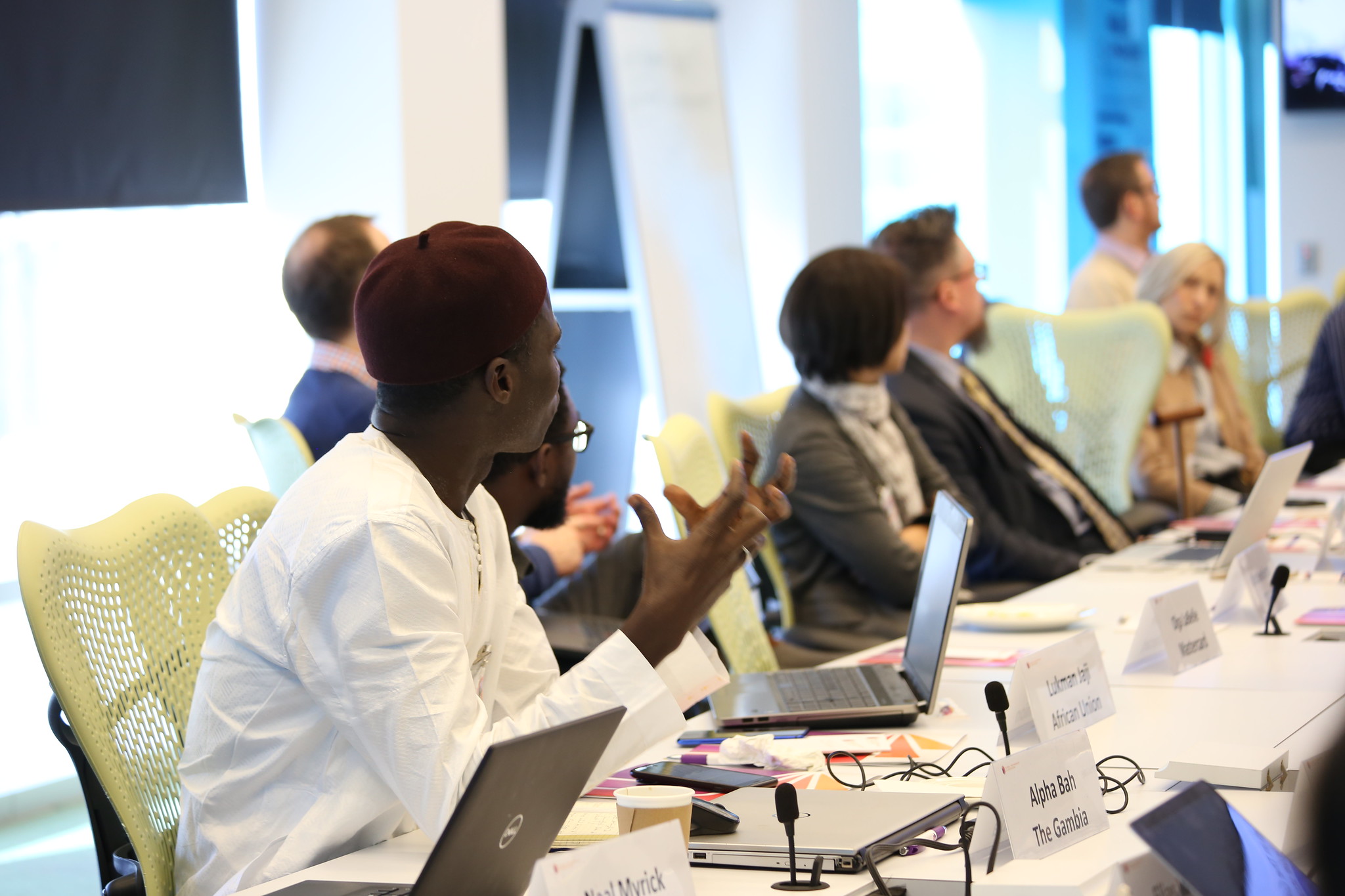
In the context of its extension until 2027, the Global Partnership for Education (GPE) Knowledge and Innovation Exchange (KIX), a joint endeavour with Canada’s International Development Research Centre (IDRC), is offering costed extensions to a selection of current applied research projects. Following a competitive process, the Data Use Innovations for Education Management Information Systems in The Gambia, Uganda, and Togo project is one of those selected.
Background
Global educational policy and programming should be built upon a foundation of evidence and data. However, while data may exist in many low- and middle-income countries (LMICs), it is often not collected systematically, failing to meet international reporting standards, and/or underutilized throughout national education systems. There has been a resounding recognition that there needs to be a “turnkey” education management information system (EMIS) that can be appropriately adapted to the needs of the region. Open-source health information systems, such as DSIH2, present an opportunity to build such an EMIS.
This project adapts the DSIH2 platform, a proven innovation in the health sector, to be used as an EMIS in The Gambia, Uganda, and Togo. As an open-source web-based management information system used for routine data capture, processing, visualisation and dissemination for public health administration, DSIH2 presents an opportunity to build a foundation of data that can be accessed and used at various levels of each country’s education system.
Results to date
In the implementation of the platform so far, each country has been able to create web and Android applications that suit local needs, given the open-source nature of DSIH2. The project has built a digital platform ecosystem to enable knowledge and innovation sharing amongst implementing parties. It also supported the use of the DSIH2 platform to link health and education data for school-based COVID-19 surveillance data in Uganda. Having a harmonized and centralized data platform in place allowed for collaborative and data-driven policy responses with cross-stakeholder uptake. Additionally, using the enrollment data gathered through the platform, decision-makers were able to make more accurate and informed budgeting decisions about various capitation grants. In the Gambia, the implementation of the platform has allowed the Ministry of Education to rely on individually identifiable data for special needs interventions—in line with national policy calling for individualized educational planning for students with special needs. Such innovations are already being modified and described in more general terms so that they may be used by other educational stakeholders interacting with the DSIH2 platform.
Upcoming Plans
While knowledge sharing has already proven possible when using this platform as an EMIS, the extension will ensure that EMIS data use is scaled further and more efficiently. In the original three implementing countries, this project will continue its efforts to enable data-driven decision-making at the local level, further adapting the platform to new kinds of educational data that have become relevant, as well as the type of user that might interact with them. Beyond these three countries, the project will expand to Sierra Leone, Mozambique, and eSwatini, engaging and supporting local stakeholders with its implementation. As for its international collaboration ambitions, the project will continue to engage with its international multi-partner working groups to develop standardised information products and guidelines. While these are only to be used as a starting point, they can empower local action through collaborative data use.
Further details on the project and updates can be found here.
